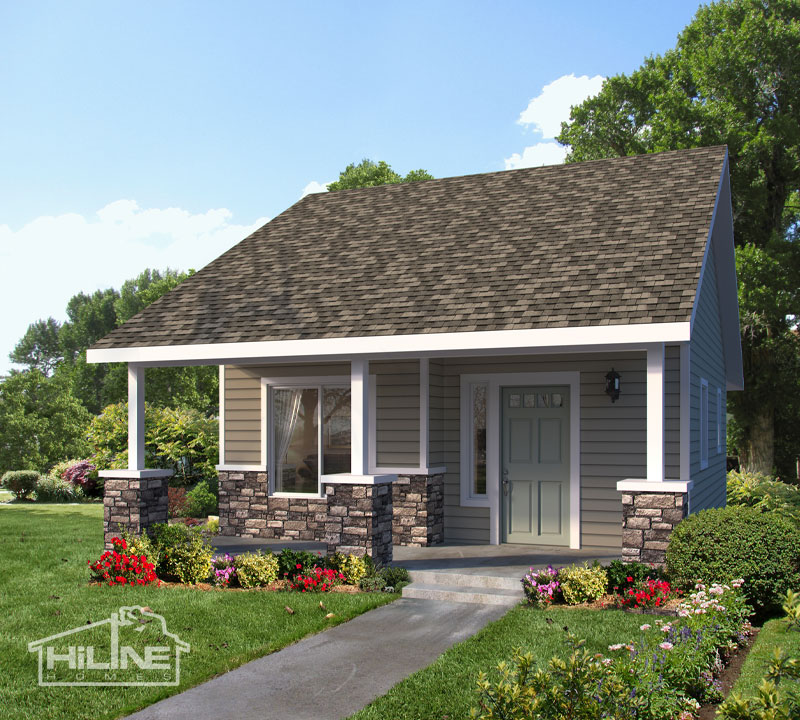
In today’s ever-evolving business landscape, the clear call for growth is louder than ever, especially for small businesses. To thrive in their respective industries, small businesses must adapt and become more operationally efficient. However, there’s often skepticism when it comes to adopting small business phone systems, especially in a world where landlines and mobile subscriptions are common.
If you’ve found your way to this article today, you’re undoubtedly seeking answers to a crucial question: how can small business phone systems help reduce your operational costs? Rest assured, we’ve taken the time to crunch the numbers for you. Dive into this article to uncover the advantages of embracing phone systems, such as VoIP, for your small business.
#1 No to Minimal Hardware Costs
A cloud-based phone system delivers substantial hardware cost savings by requiring significantly less equipment than traditional phone systems. A cloud-based VoIP phone system equipment includes an internet connection and the devices your employees already own.
For instance, if you adopt Company-owned Personally Enabled (COPE) devices, this can become an expensive investment over time, particularly if you need to purchase a dedicated smartphone for each employee. Consider the Samsung A-series, known for reasonable prices and powerful smartphone technology. It costs $160 per employee, which can be paid at $5 monthly for 36 months. Additionally, you’ll need a cellphone plan with unlimited text, call, and data, costing $50 per month. If you have ten employees, this results in a monthly expenditure of $550 for three years.
In contrast, a VoIP phone system allocates a dedicated line to each user rather than a specific device. As long as there is an internet connection, employees can make or receive calls from various devices, including mobile phones, laptops, or landlines. A VoIP phone system can provide up to 20 dedicated lines for a monthly fee of $10 to $30. If you have ten employees, your VoIP system can offer ten dedicated lines, costing you only $10 to $30 monthly.
#2 Lower Communication Costs
Communication costs are significantly reduced with VoIP phone systems, as there are no charges for long-distance or international calls over the Internet connection. This is particularly important for small businesses with remote workers or those targeting international markets.
For example, cellular services often offer international calling plans at an additional cost of up to $10 per month for reduced international rates. However, even with these plans, a single call to Canada can cost $0.05 per minute, and calls to China can reach $0.15 per minute. These charges can add up to $10 per month and more. In contrast, a VoIP system eliminates charges for international calls while maintaining high-quality voice communications.
#3 Multiple Services in One
Most VoIP phone systems offer bundled features, eliminating the need to purchase separate services from multiple vendors. Your VoIP phone system is an all-in-one solution, including video conferencing, customer service call routing, and more.
For reference, stand-alone video conferencing apps can cost $30 monthly, while customer call service apps can add $25 to your monthly expenses. With a VoIP phone system, you benefit from bundled services, resulting in cost savings and simplified service management.
#4 Lesser Maintenance Costs
Traditional phone systems require ongoing maintenance of equipment and lines, often necessitating the involvement of technicians for repairs and updates. According to HomeAdvisor, the typical telephone system repair cost ranges from $92 to $212.
In contrast, VoIP phone systems offer managed services where your provider maintains your system online, handling system updates and hardware upgrades at no additional cost on your end.
#5 More Flexibility
A flexible phone system empowers you to leverage remote work options, saving money on rent and utilities. You can establish a remote or hybrid workforce model, expanding your talent pool and increasing employee satisfaction. With VoIP’s cost-effective flexibility, it fosters clear communication among you and your employees no matter how far away you are from each other.
#6 Scalability
Scalable phone systems allow you to adapt as your business grows. With a VoIP phone system, you can add or reduce the number of users you need, eliminating the need to pay for extra features and lines that may go unused. This cost-effective scalability ensures you get the most value for your investment.
#7 Hidden Costs Also Give More Savings
While some VoIP providers may offer “free phone equipment” with lower monthly costs, these supposedly free devices often lack advanced features, including gigabit ethernet. At Face-2-Face Telecommunications, we carefully select models that meet our stringent criteria at a reasonable price. While most VoIP phone systems cost $10-$30 monthly, ours is priced at $35 monthly, providing great and reliable equipment to support your business operations.
Learn more by clicking the link below.
F2F Telecommunications | 7 Advantages



